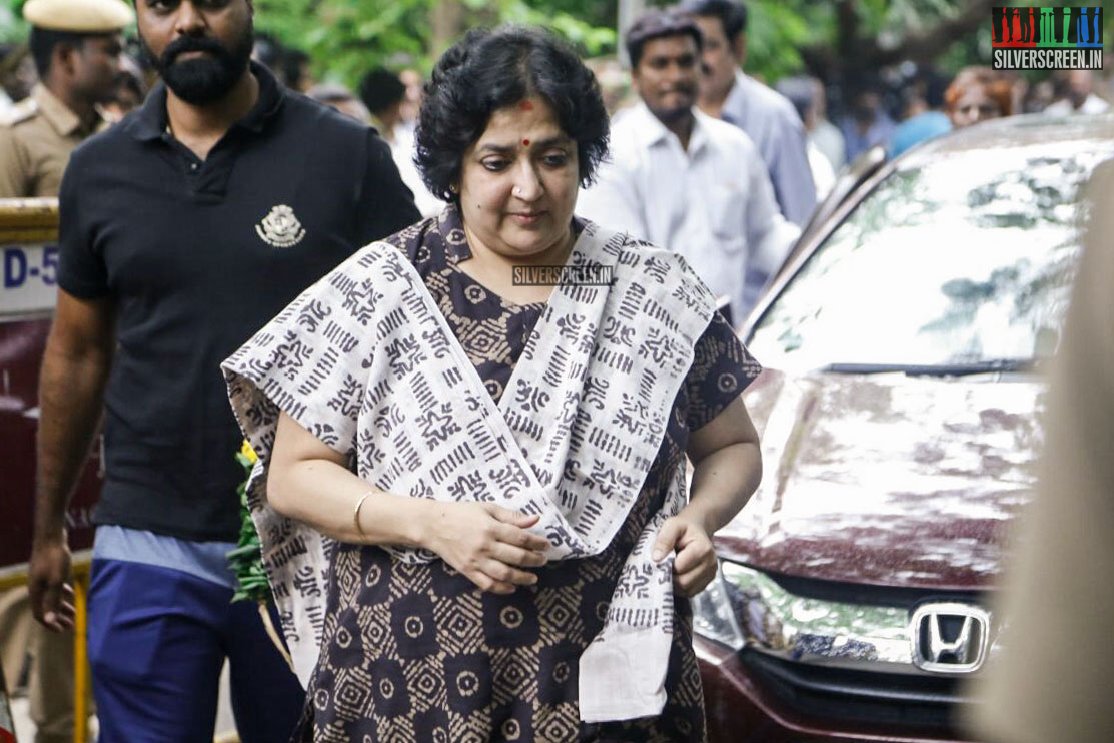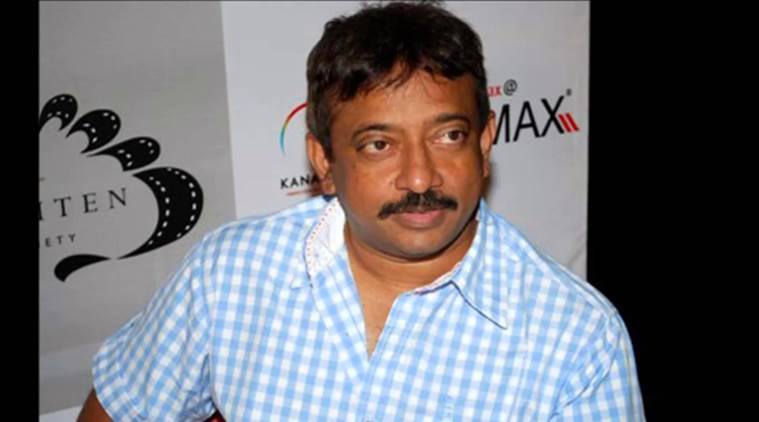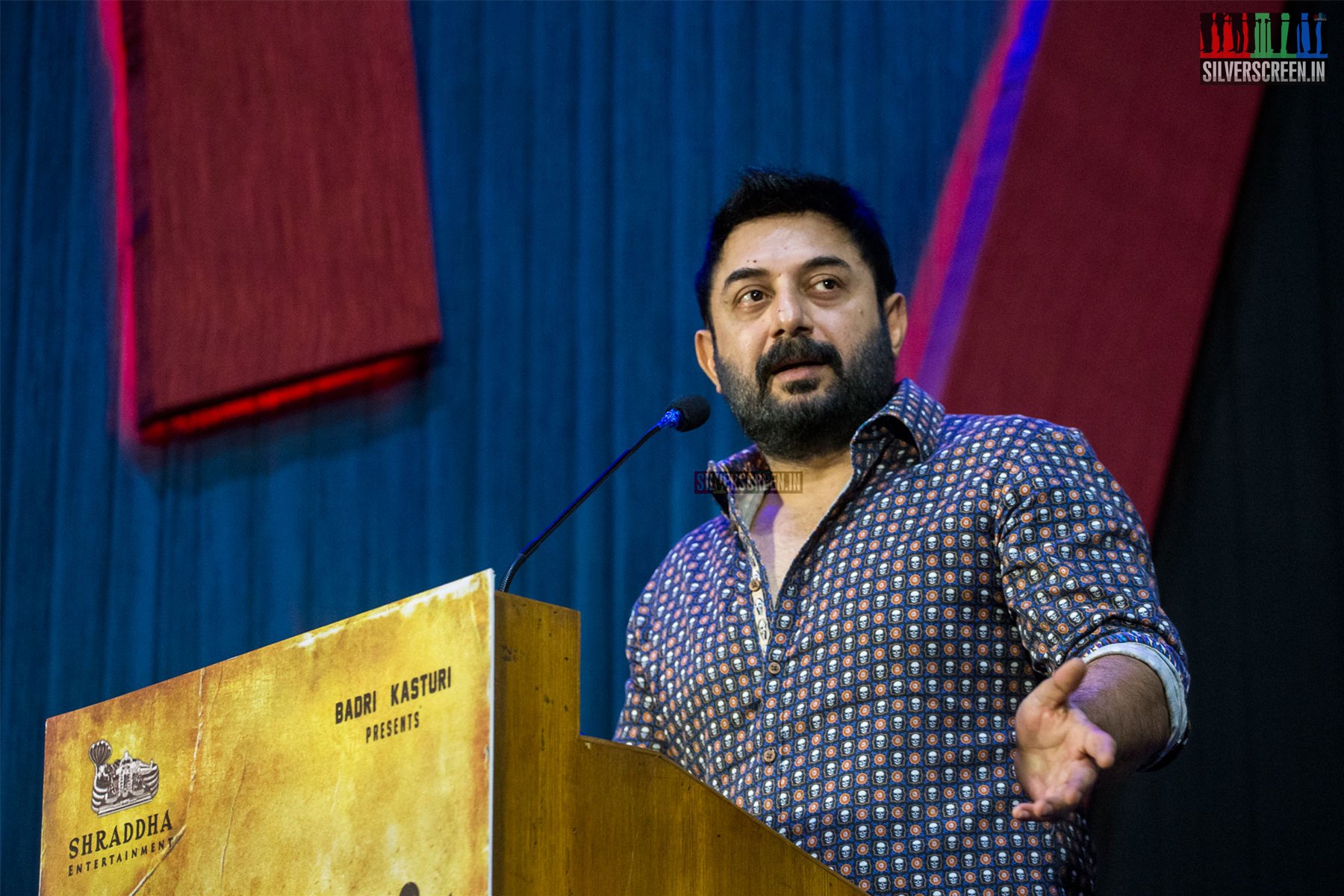Kamal Haasan wants you to believe that he is a social crusader first, and a politician later. In fact, it was a believable image when he addressed the press at the launch of the Maiam Whistle app in Chennai on April 30. The star behind films such as Nayakan and Dasavathaaram was nowhere in sight. In place was the friendly neighbourhood conscientious citizen who also happens to be the leader of a political party – Makkal Needhi Maiam (MNM).
Maiam Whistle App is out!
Android: https://t.co/I0mcc1T4Ms
iOS: https://t.co/UoTHLd127W pic.twitter.com/klv6IvXcPd— Kamal Haasan (@ikamalhaasan) April 30, 2018
But, this politician is cautious to set the expectations right. Right before the launch of the app, the disclaimer said that neither was it a magic wand and a tool to settle personal scores nor an alternative to the police or civic authorities.
The purpose of the app is simple. Through it, registered members of the party can highlight problems relating to garbage, safety, condition of roads, water supply, etc in their constituencies in Tamil Nadu and Puducherry, in the form photographs and videos. Designated champions or party volunteers will investigate the complaint, take appropriate action and escalate the issue to the authorities concerned. In other words, party members will double up as citizen journalists. Or, so they say. The app also comes with an urgent button that can be used to flag immediate concerns.
App developer Krishna Prasad, who has worked on apps for Times Now and Republic TV, assured that this is a user-friendly app available both in Tamil and English. It comes with certain restrictions, though. Only a registered member of Makkal Needhi Maiam can “blow the whistle” and it’s not open to all. The app is also not accessible to Government officials. According to Kamal Haasan, “It’s better that the Government has very little access.”
Speaking about how the team would deal with fake entries and possible members of rival parties masquerading as concerned citizens, he said, “We have filters to detect fake reports and pornographic material. Repeated offenders will lose their membership.”
It should be noted that Arvind Kejriwal and the Aam Aadmi Party also had a similar beginning. The difference is that Kamal Haasan is banking on his star power and fan associations to galvanise his political career, whereas Kejriwal orchestrated a systemic revolution to assure the country that he is probably the alternative that they are looking for.
The bond between Haasan and Kejriwal is no secret. The Delhi Chief Minister was by the actor’s side at the launch of his party. “People were stuck between two parties, the DMK and the AIADMK, both corrupt. But, now, I congratulate them as they have an honest alternative when they go to vote,” Kejriwal had said at the launch.
Kejriwal and AAP had mobilised cadres at the grassroots, with door-to-door campaigns ahead of the Delhi Assembly elections. The party stayed clear of any caste or identity politics, and called itself a people’s movement. Citizens were involved in nominating candidates and shaping the party manifesto. The party’s meteoric rise was evident with the outcome of the 2015 Delhi Assembly Elections, where it won 67 of the 70 seats. The message was loud and clear – the people of Delhi didn’t believe in the politics of the Congress or the BJP. While the Delhi elections remain a case study, AAP has a lot of ground to cover as the party saw the exit of some of its important founding members, and looks ready to implode because of internal conflict and Kejriwal’s autocratic ways.
Recommended
Haasan, too, faces a similar situation. In the past, people of Tamil Nadu have exhibited an allergy towards the dominance of central parties. It has always been the hegemony of the AIADMK and the DMK. The Congress has been a DMK ally and the Narendra Modi Government tried wooing the AIADMK, right from the late Chief Minister J Jayalalithaa’s days. But, because of a leadership vacuum and lack of political will, the State is skeptical of its principal parties; hence the entry of two stalwarts of Tamil cinema – Rajinikanth and Kamal Haasan – into politics. History does have a way of taking its own course.
Haasan’s clarion call for a change in Tamil Nadu, noble as it may seem, needs time to be effective. It remains to be seen how the actor-politician will navigate the complex tapestry of the State’s caste and identity issues and the BJP and Amit Shah’s expansion blitzkrieg.
Photos by Dani Charles



